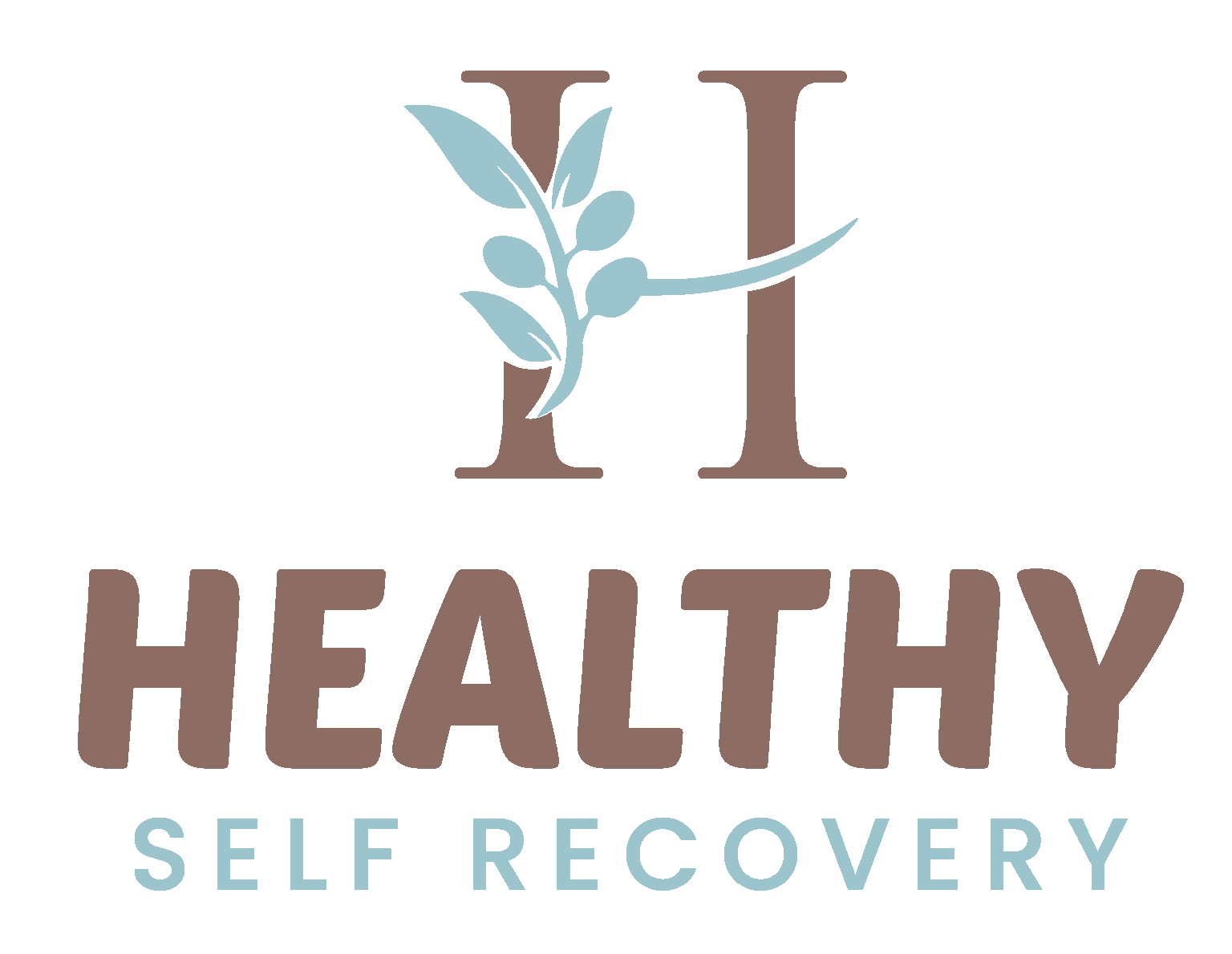The saying goes, “It takes a village.” This is very true when recovering from an eating disorder. The best care comes from a team of professionals working together. Eating disorder recovery coaching is an important part of that team. Coaches offer steady and practical support alongside medical treatment. In this blog, we will explore how recovery coaches and medical providers work together. This teamwork helps make the recovery journey easier. It can also improve outcomes and provide strong, well-rounded support.

The Importance of a Collaborative Approach in Eating Disorder Recovery
Eating disorders are complex illnesses. They affect behavior, emotions, the body, the mind, and social life. Because of this, treatment needs a team approach. This means working with different experts like medical providers, therapists, and dietitians. Recovery coaches are also becoming an important part of this team. Each professional brings their own skills and knowledge. Together, they create a team-based plan. This helps make sure your care is consistent and matches your specific recovery goals and needs.
Understanding The Eating Disorder Recovery Coach’s Role
Eating disorder recovery coaching is a valuable but fairly new part of the recovery process. Because of this, it’s important to explain what a recovery coach does. Your eating disorder recovery coach is a caring and supportive partner on your healing journey. They focus on the practical, day-to-day challenges of living with an eating disorder — the “how,” not the “why.” Certified coaches are trained to offer tools and strategies. These help change eating disorder thoughts and behaviors. Coaches also provide regular accountability, motivation, and guidance during tough times.
What makes the coaching relationship so powerful is that many coaches, including myself, have successfully navigated their own recovery journey, which makes them uniquely placed to offer not just professional insight but genuine empathy and lived understanding of what you are going through. Moreover, they are your living proof that full recovery from an eating disorder is possible and serve as a role model for what recovered living can look like.

How an Eating Disorder Recovery Coach Works With Your Team
Partnering with your eating disorder dietitian creates one of the most powerful dynamics in recovery. Nutritional rehabilitation is the cornerstone of recovery from all eating disorders, but it’s undoubtedly the most challenging part of the process. Even when someone really wants things to change and commits to dietary changes with their dietitian, the implementation of this is typically where people get the most stuck, and progress stalls as ambivalence in the form of the eating disorder voice emerges most intensely.
Your eating disorder recovery coach can bridge this gap and help with this stuckness by translating your dietitian plans into daily actionable steps via supportive meal sessions, responsive messaging for when you feel stuck or overwhelmed, and regular check-ins for accountability. Together with your dietitian, they create safe and supportive environments to help you challenge your fear foods and move towards (re) learning to eat without fear and rules.
Working With Your Therapist and Medical Team
In order for the best outcomes for your recovery, it is really key that your recovery coach is able to communicate regularly with your medical team. By sharing information, insights, and progress updates, treatment goals and strategies can be aligned so that you feel truly supported in taking pro-recovery action. Communication means they can work together to address the challenges that arise during the course of recovery and support you accordingly. Building strong bridges of communication within the team that support you places you in a better position of care.
Advocating For Your Needs Within Treatment
Recovering from an eating disorder can feel overwhelming and exhausting. Coaches can help to articulate your concerns clearly to your medical team, prepare questions for appointments, and help navigate the confusing bureaucracy of healthcare. With the support of a coach, you can better understand your treatment options and develop the confidence to voice your needs effectively throughout the recovery process.
Boundaries and Confidentiality
Confidentiality and boundaries are the foundation of trust in your care team. These rules are taken very seriously in coaching. All communication stays strictly confidential. Nothing is shared without your clear permission. Before a coach talks about your sessions or progress with others, they must get your written consent. This consent process is open and thorough. It lets you take part fully and openly in coaching. You can feel safe knowing your privacy is always protected and respected.
The Importance of Collaboration in Your Eating Disorder Recovery
A collaborative mindset is key to successful recovery outcomes and allows you to not only feel fully supported but to navigate the recovery process with more ease. Whether your an athlete, postpartum, or a busy professional, reach out to learn more about how a recovery coach at Healthy Self Recovery can work with your medical team to support your eating disorder recovery journey.

How a Team Approach Boosts Healing with Eating Disorder Recovery Coaching in the UK and Online Globally
If you’re ready to take the next step in your healing journey, Healthy Self Recovery is here to support you every step of the way. Our dedicated team understands how crucial eating disorder recovery coaching can be in bridging gaps in traditional treatment. Contact us today to learn how personalized coaching can help you regain control and move toward lasting recovery. Follow these three simple steps to get started:
- Contact me to schedule a free discovery call to see if Eating Disorder Recovery Coaching is right for you.
- Begin meeting with me, Marianna Miles, a British Eating Disorder Recovery Coach
- Start regaining control and move toward lasting recovery!
Additional Supportive Coaching Services at Healthy Self Recovery
At Healthy Self Recovery, I offer personalized eating disorder recovery coaching designed to support you at any stage of your journey. Together, we’ll work on reducing food-related stress, strengthening emotional coping skills, and building practical tools that fit smoothly into your daily life—all in a supportive, judgment-free environment. You’ll also receive regular check-ins and in-between session messaging, so you’re never navigating recovery alone. I collaborate with your wider treatment team to help ensure your recovery plan is cohesive and truly centered on your needs. This coaching focuses on long-term healing, restoring body trust, and helping you make peace with food. Support is available throughout the UK—including England, Scotland, and Ireland—and online for international clients. Be sure to check out the blog for real talk, helpful tips, and honest reflections on eating disorder recovery.








